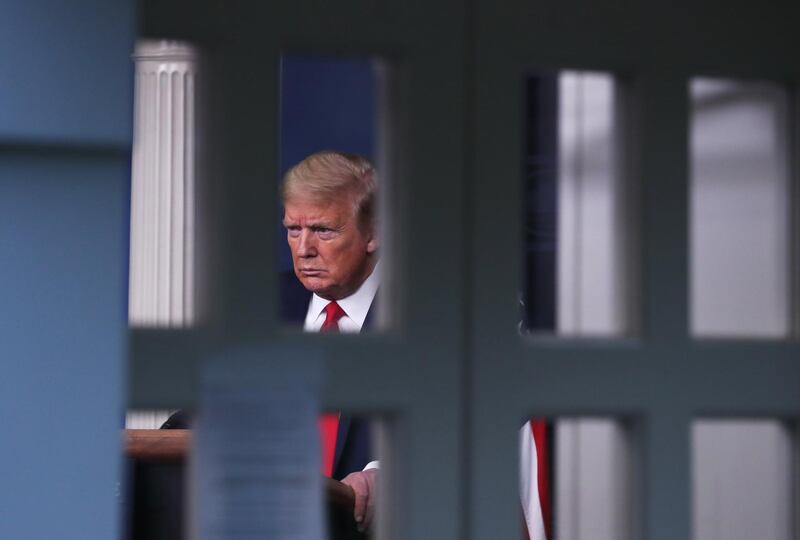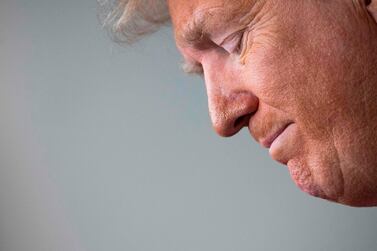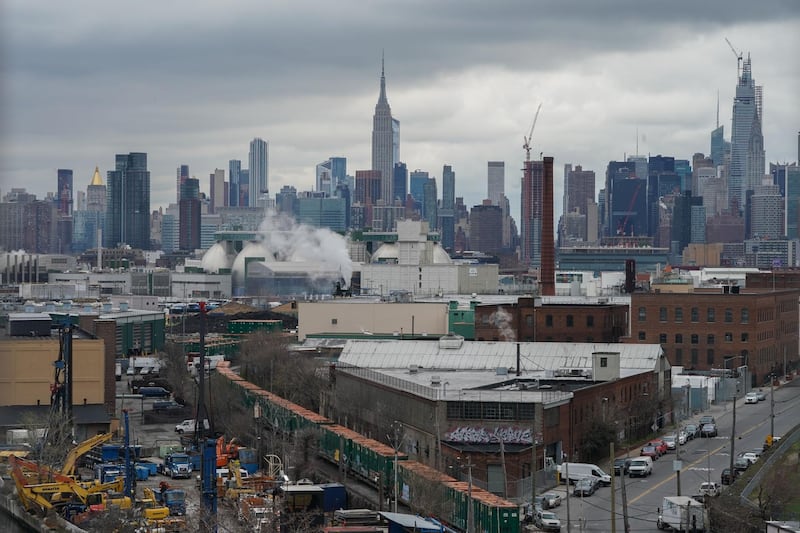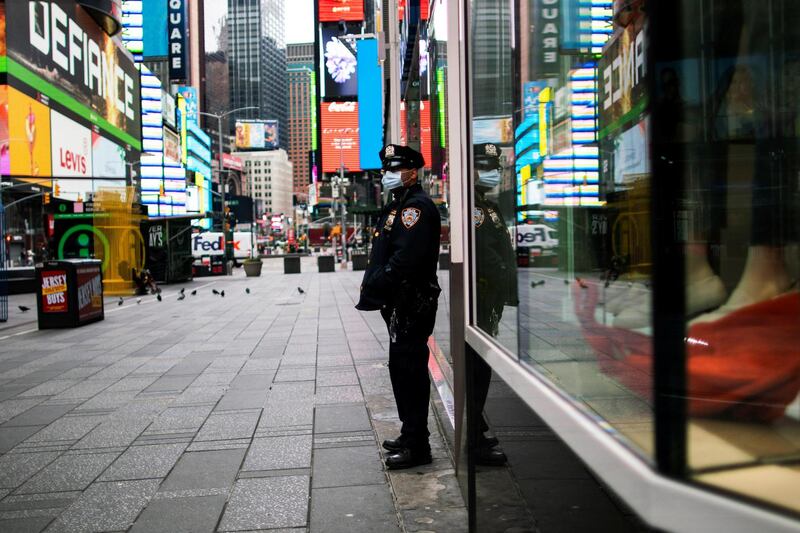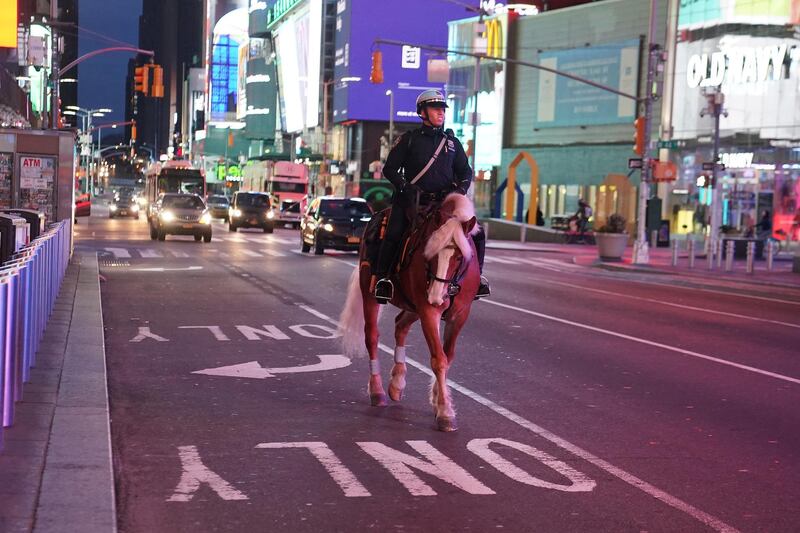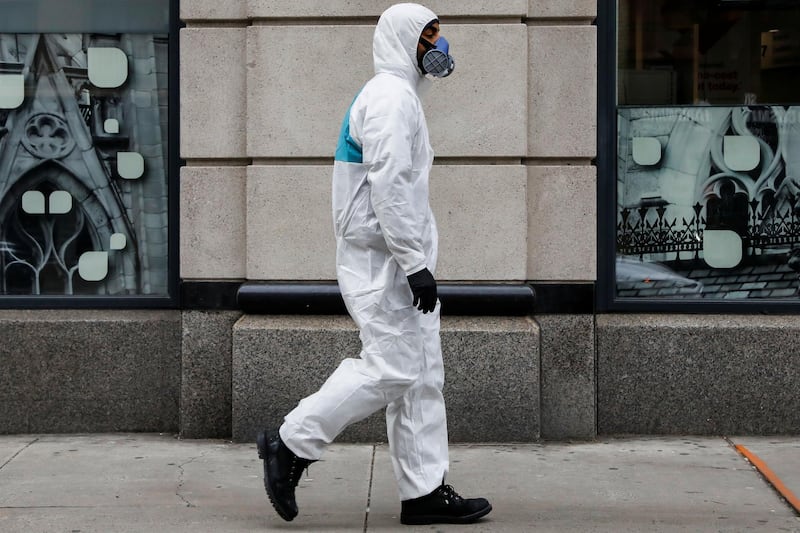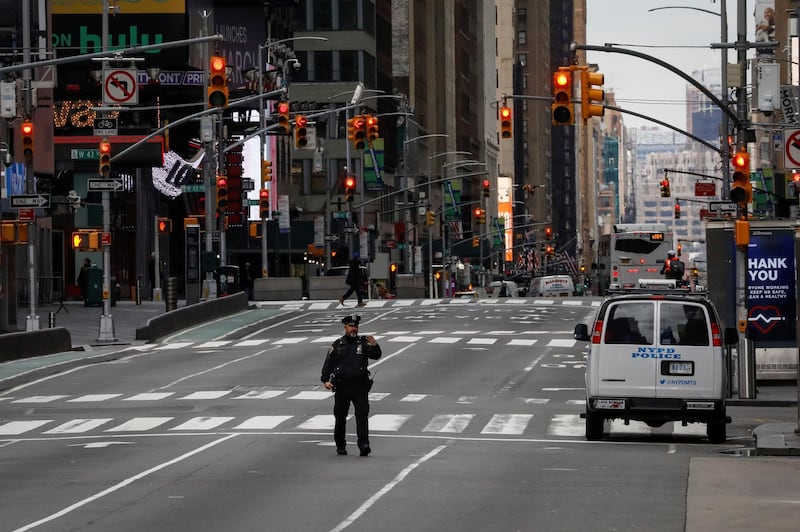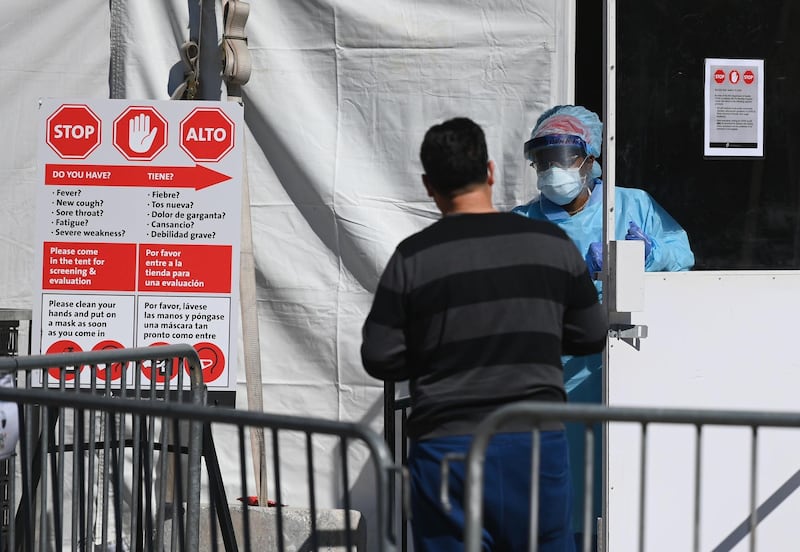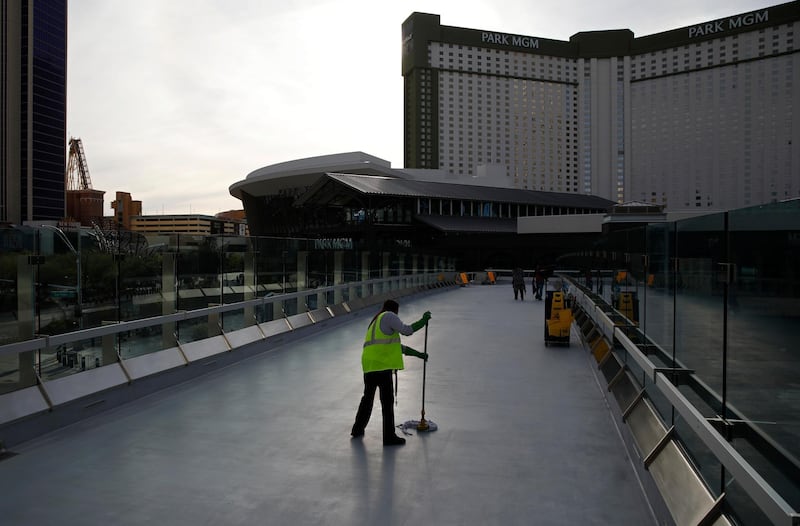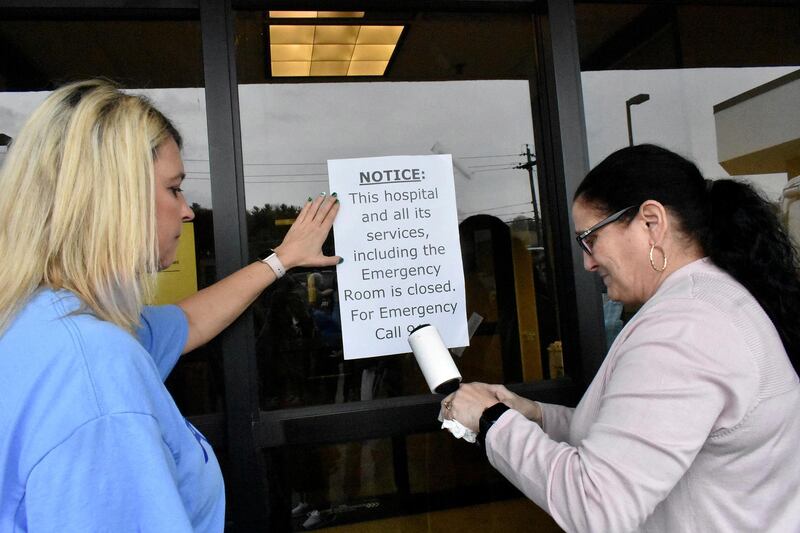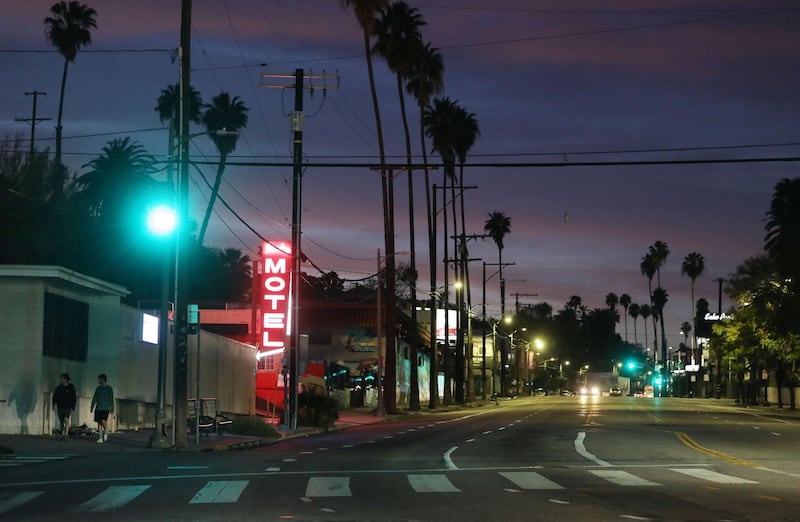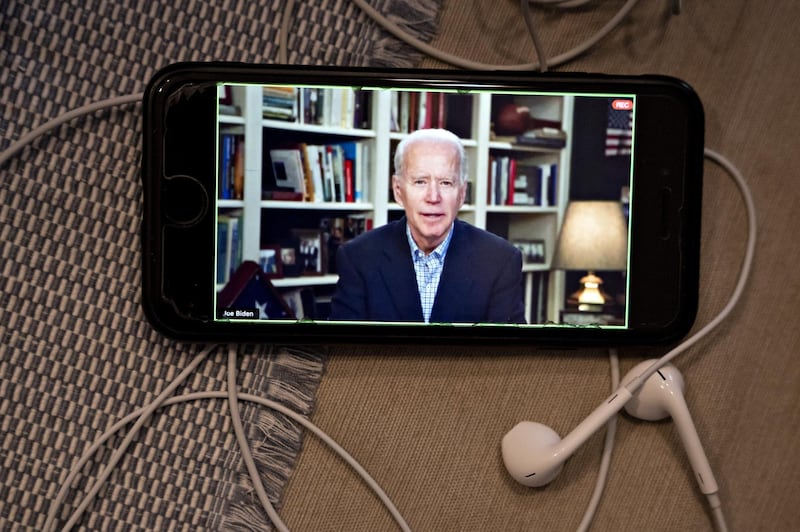On Monday night, US President Donald Trump went back to basics. He tweeted that because of the coronavirus and to protect jobs, he would “temporarily suspend immigration into the United States!”. When all else fails, as it has, Mr Trump predictably returned to two essential aspects of his worldview: economic nationalism and xenophobia.
What he presented as a blanket ban via executive order is not quite that, but is nonetheless almost unprecedented internationally and completely unprecedented in US history. It also cannot possibly counteract either the pandemic or unemployment crises.
The US is, after all, now the global epicentre of the pandemic with more confirmed cases (more than 800,000) than the next two countries, Spain and Italy, combined, and by far the largest number of deaths, at over 42,000.
Non-Americans arguably have more to fear from Americans than vice versa. Moreover, there is no evidence that immigration plays a crucial role in spreading the virus. That justification is a pretext.
Mr Trump endlessly points to his ban on the entry of Chinese travellers, although it was neither as unique nor early as he claims. Nor was it effective. It probably bought some time, but that was obviously squandered.
Moreover, Mr Trump has already suspended most entry into the US. Borders with Canada and Mexico are closed. Migrants, including asylum-seekers, are turned away at crossings. Consular services are shuttered and very few new visas are granted.
Green card recipients and immigrant visa holders cannot enter for at least the next 60 days, but many migrant workers can, including farm labourers and others essential to certain industries. So, many non-citizens will still be coming and going.
It is hardly about protecting jobs, either. Immigrants played no role in the unemployment surge caused by social distancing. Job losses in the US are more a function of globalisation and widespread automation. Sectors like tourism and education will suffer immediately, leading to both immediate and longer-term opportunities lost for Americans.
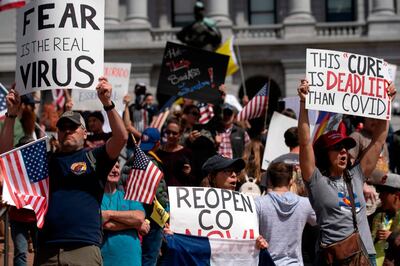
Prohibiting immigration is not going to get Americans back to work. But it may change the subject, which is what Mr Trump really wants. This is likely to form a major part of his main re-election pitch, in effect Plan C for a second-term.
Plan A was to run on the strong, although debt-ridden, economy that he inherited from Barack Obama and arguably enhanced. Obviously, no one can run on the present economy, so Mr Trump pivoted to Plan B: running as an inspiring and unifying wartime president against "the invisible enemy". But that stratagem quickly collapsed given the administration's fumbling of the pandemic, confusion, misinformation, mixed-messaging, and embarrassing fiascoes involving equipment such as testing kits and personal protective gear.
Instead, Mr Trump has rapidly been divesting himself of responsibility, insisting that state governments alone are responsible for almost all aspects of battling the crisis, including testing and contact tracing, and when and how to reopen normal daily life.
Mr Trump has chosen to turn the lack of a national strategy into a virtue, shifting any blame entirely to states, singling out those controlled by members of the opposition Democratic Party.
So much for Plan B.
So, Plan C it is: a return to anti-immigrant and economic populist themes tinged with racial animosity and shot through with white nationalist appeal.
Mr Trump began his political career by describing immigrants, particularly Mexicans and other Latinos, in the language of disease. He insisted they were "spreading tremendous infectious disease", as they "pour across the border". He described immigration as a "tremendous medical problem". Democrats, he warned, wanted immigrants to "infest our country".
Now Mr Trump has simply flipped the metaphor, describing a virus as if it were an invading army of alien hordes and calling it "the Chinese virus" or "a foreign virus", whatever that means.
Mr Trump has demonstrated he has little idea of how to govern on most issues, and particularly when it comes to combating a pandemic. But he is an impressive demagogue and campaigner. And he has found several ways to politicise the plague and turn it into a wedge issue on which he can run.
Even though almost all states are following his own social distancing guidelines, by siding with anti-mitigation protesters he is creating a political divide over public health security versus economic prosperity and personal liberty.
And by introducing the otherwise unrelated issue of immigration – which he effectively uses as a proxy for race – into the swirl of controversies surrounding the virus, he is again signalling to his followers that he is championing their culture, communal political power, and even identity.
Putting such existential interests into play encourages the notion that the country as Americans know it is at stake. Mr Trump's followers will then care little as to whether he is telling the truth on some relatively insignificant medical or public health issue. Many are already proclaiming their willingness to risk life and health, with the mayor of Las Vegas even offering her citizens as an experimental "control group", in the name of individual freedom and economic recovery. And Mr Trump's re-election.
Immigration is a powerful issue in America, especially with the President's base. But more powerful in the minds of most Americans may be his astounding mishandling of this pandemic, the ensuing economic collapse and the widespread anger he relishes provoking.
Hussein Ibish is a senior resident scholar at the Arab Gulf States Institute in Washington
